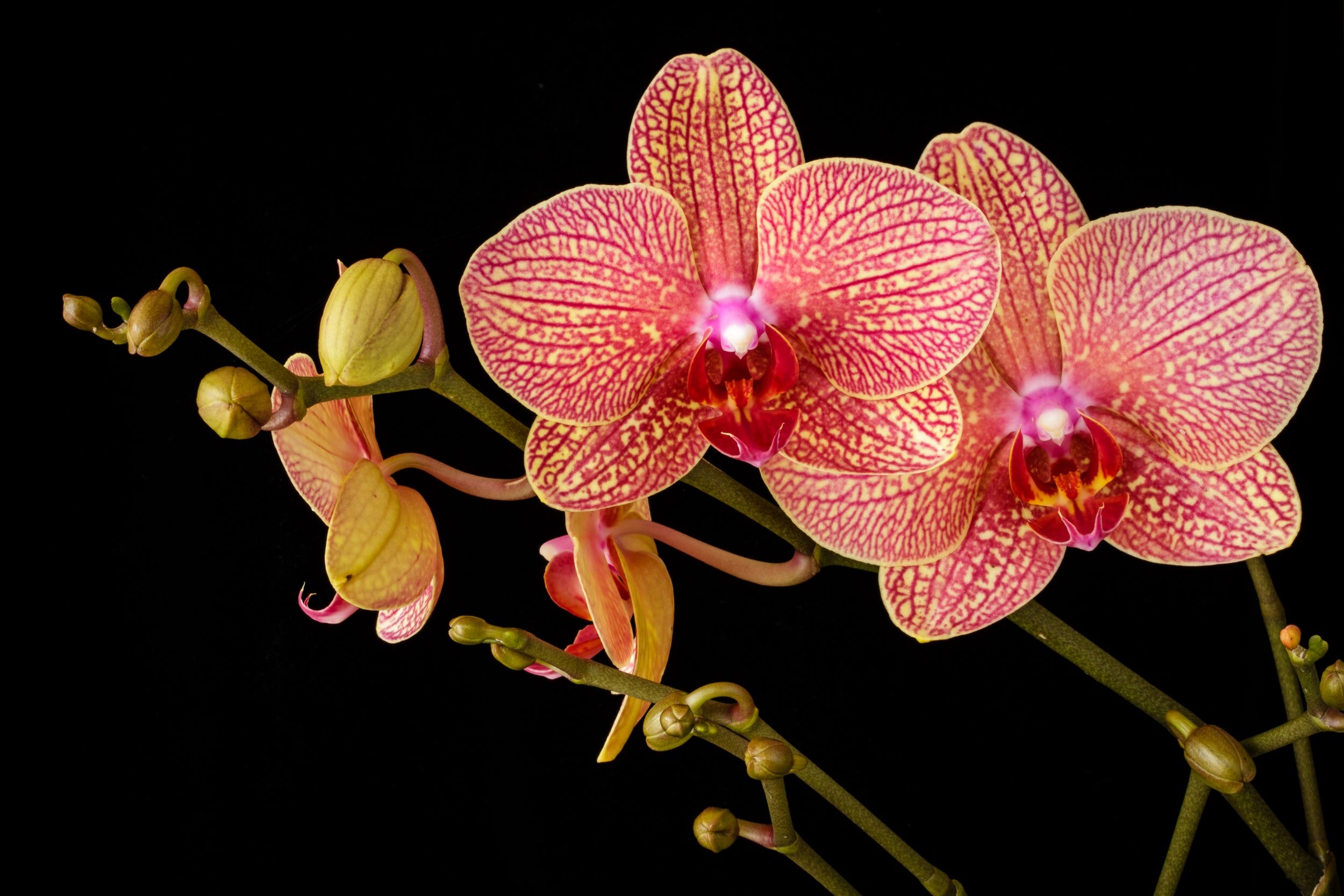A look back at the history
According to the history of acupuncture, acupuncture practice began during the Stone Age when sharp-edged tools and stones were used to puncture and drain abscesses. Acupuncture was first recorded in the ancient Chinese medical text Huang Di Nei Jing, The Yellow Emperor’s Classic of Internal Medicine.
National Institutes of Health (NIH) studies have shown that acupuncture is an effective treatment alone or in combination with conventional therapies . Hundreds of clinical studies on the benefits of acupuncture show that it successfully treats conditions ranging from musculoskeletal problems (back pain, neck pain, and others) to nausea, migraine headache, anxiety, depression, insomnia, and infertility. Modern research has demonstrated acupuncture’s effects on the nervous system, endocrine and immune systems, cardiovascular system, and digestive system. By stimulating the body’s various systems, acupuncture can help to resolve pain, and improve sleep, digestive function, and sense of well-being.
HOW MANY TREATMENTS WILL I NEED ?
The frequency and number of treatments differ from person to person. Some people experience dramatic relief in the first treatment. For complex or long-standing chronic conditions, one to two treatments per week for several months may be recommended. For acute problems, usually fewer visits are required, usually eight to ten visits in total. An individualized treatment plan that includes the expected number of treatments will be discussed during your initial visit. It is relevant to know that acupuncture treatment is cumulative.
What happens during an acupuncture treatment?
First, your acupuncturist will ask about your health history. Then, he or she will examine your tongue’s shape, color, and coating, feel your pulse, and possibly perform some additional physical examinations depending on your individual health needs. Using these unique assessment tools, the acupuncturist will be able to recommend a proper treatment plan to address your particular condition. To begin the acupuncture treatment, you lay comfortably on a treatment table while precise acupoints are stimulated on various areas of your body. Most people feel no or minimal discomfort as the fine needles are gently placed. The needles are usually retained between five and 30 minutes. During and after treatments, people report that they feel very relaxed.
Your First Appointment
Your First Appointment. That means each patient's treatment is personalized, targeted and individualized to that specific person. That also means that organizing your information and questions before you see your Acupuncturist can be very helpful both to you and to your entire healthcare team. The needles are often left in for 10 to 20 minutes. You may feel a slight sting, pinch, ache, as the acupuncture needle is being inserted. Some acupuncturists consider the resulting tingling, numbness, heavy sensation, or ache (known as "de qi") desirable in achieving the therapeutic effect.If you experience pain, numbness, or discomfort during the treatment, you should notify your acupuncturist immediately.
Other treatment modalities can be performed besides acupuncture according to your diagnosis.
You should wear comfortable loose clothes that can be rolled up to your knees and elbows.
Remember to have something to eat 1 hour before each appointment. Also, you should drink plenty of water after your session.
After Acupuncture session
Most people find acupuncture relaxing and often feel very calm after a treatment. You may feel a little tired or sleepy and should take this into account if you are planning to drive or use heavy machinery straight after your treatment. You should refrain from vigorous exercise after treatment and, ideally, give yourself a little time to rest. Make sure you drink plenty of water.
Possible Side Effects
The risks of acupuncture are low if you have a competent, certified acupuncture practitioner using sterile needles. Common side effects include soreness and minor bleeding or bruising where the needles were inserted. Single-use, disposable needles are now the practice standard, so the risk of infection is minimal.
Let me know if you are pregnant, have a bleeding disorder or have a pacemaker.

When do I need Acupuncture Injection Therapy ?
Acupuncture Injection Therapy (AIT), also known as biopuncture, is a modality in which acupuncture points or trigger points are stimulated with a small amount of sterile and FDA-approved medicinal-botanical substances. We inject vitamins including, B 12, MIC, and Glutathione. The homeopathic medicines Traumeel and Engestol are used for pain and to boost immunity. Dextrose is used to strengthen and repair ligaments, tendons and joints. We also use it for scar treatments. This is a great treatment post surgery. AIT treatment will be offer to you if is necessary according to the TCM diagnosis.
Each injection takes about 10 minutes. They can be done in your acupuncture session or in a separate appointment.




